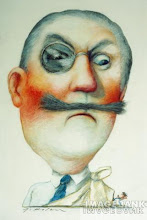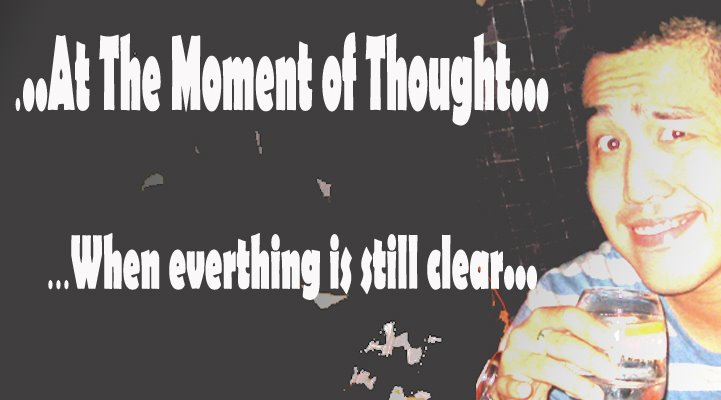
Amidst discussion with my superior, we are debating on the direction of the brand; it strikes me again to realise that we are actually from two different schools of thought in product positioning; and I explained.
My school of thought: (Authoritative)
Marketing should always be focused, and giving clear communication, clear objective, thus clear direction to the team. A product positioning as such should also be clear, not just to reflect the strength of the brand or product but also to the level of usage; it should cover the, 'what', 'why','how' and 'when'.
We should tell consumer what we are and who we are and tell them when they should use us. Example, telling consumer to use 'Colgate' in the morning, all media communication reflects morniung usage., or soft of encouraging user to use colgate in the morning. Advantage is for execution, and communication is made easier. Lack of ambiguity; and can build your strength in area you want to be no.1 (everyone wake up in the morning remembering 'Colgate' instead of 'Darlie' even if they use 'Darlie'). This school of thought, in short, is telling or deciding for consumers!
Another school of thought: (Democratic)
It is slight differ in term of thinking; this school of thought will be focused, and giving clear objective and direction but the essence of it, is that it only cover 'What', and 'Why'. It tells how good you are but didn't tell how to use it or when to use it. Decision making is left totally to consumers; for example, I give a 'Listerine' mouth wash, and I tell you how good it helps to maintain good breath; but I won't tell you when to use it; you can use it either morning when you wake up or anytime in work when you need it; but all these is not stated in TVC, or any commuication. it is up to you. This school of thought, in short, leave the decision making to consumers!
 Organization need 2 types of people in strategic planning;
Organization need 2 types of people in strategic planning;














